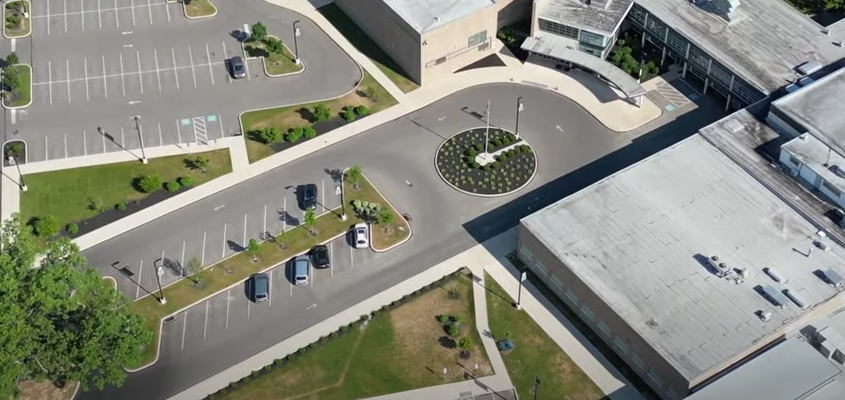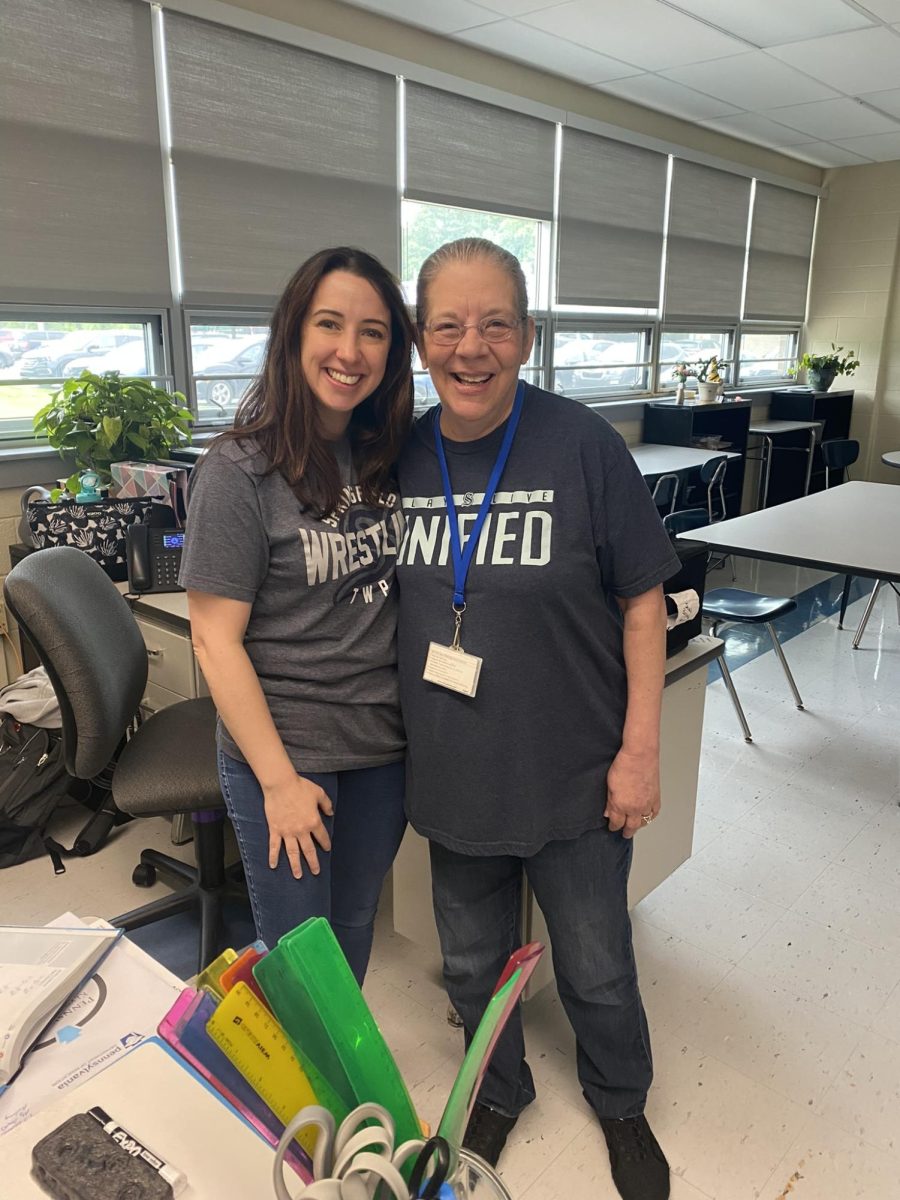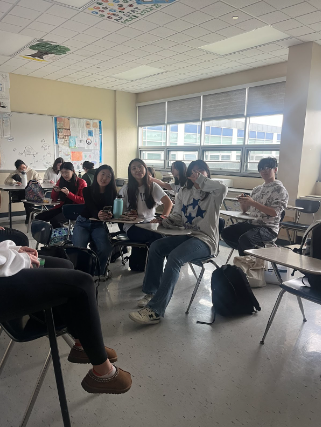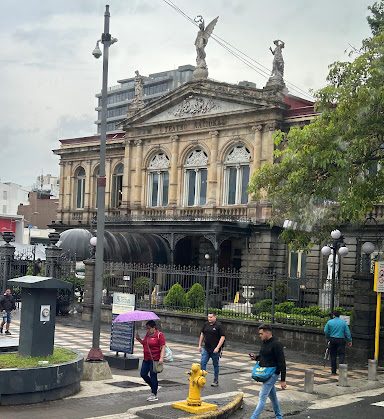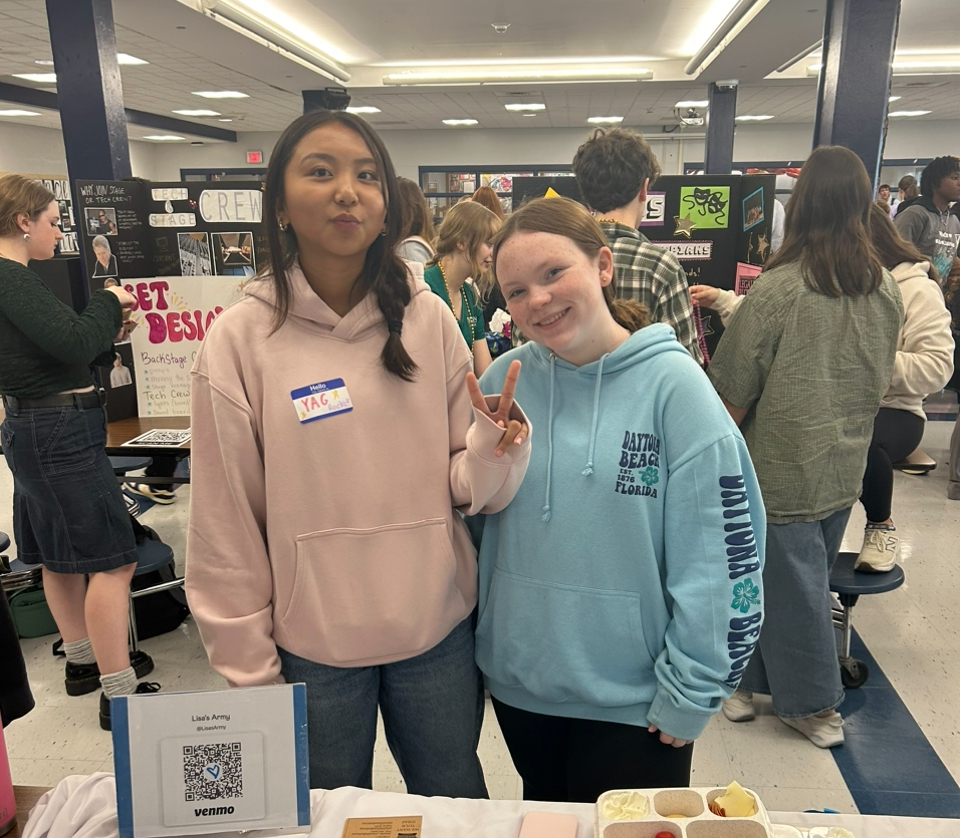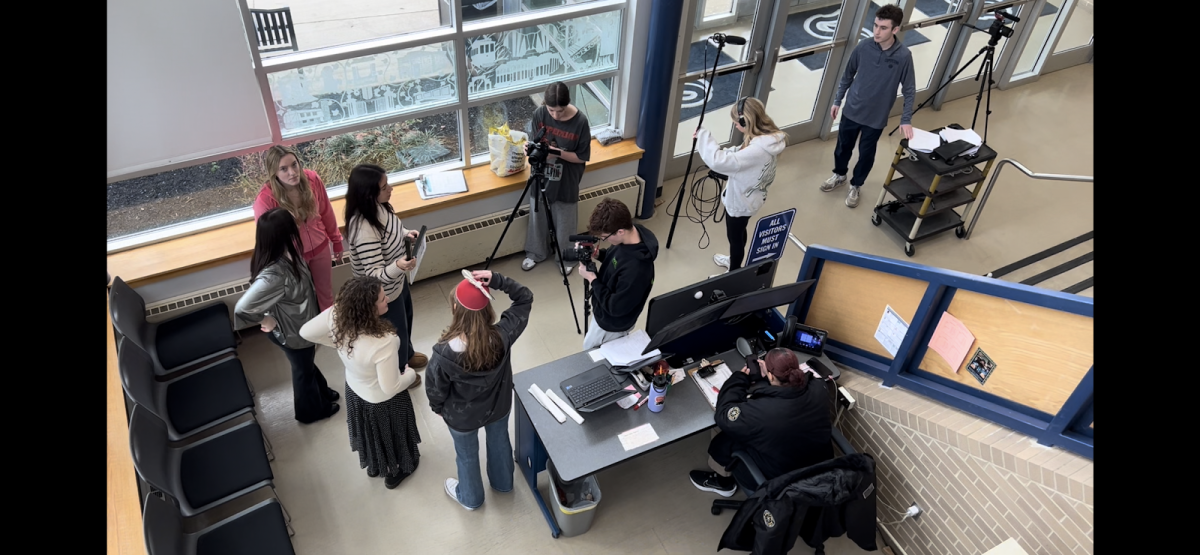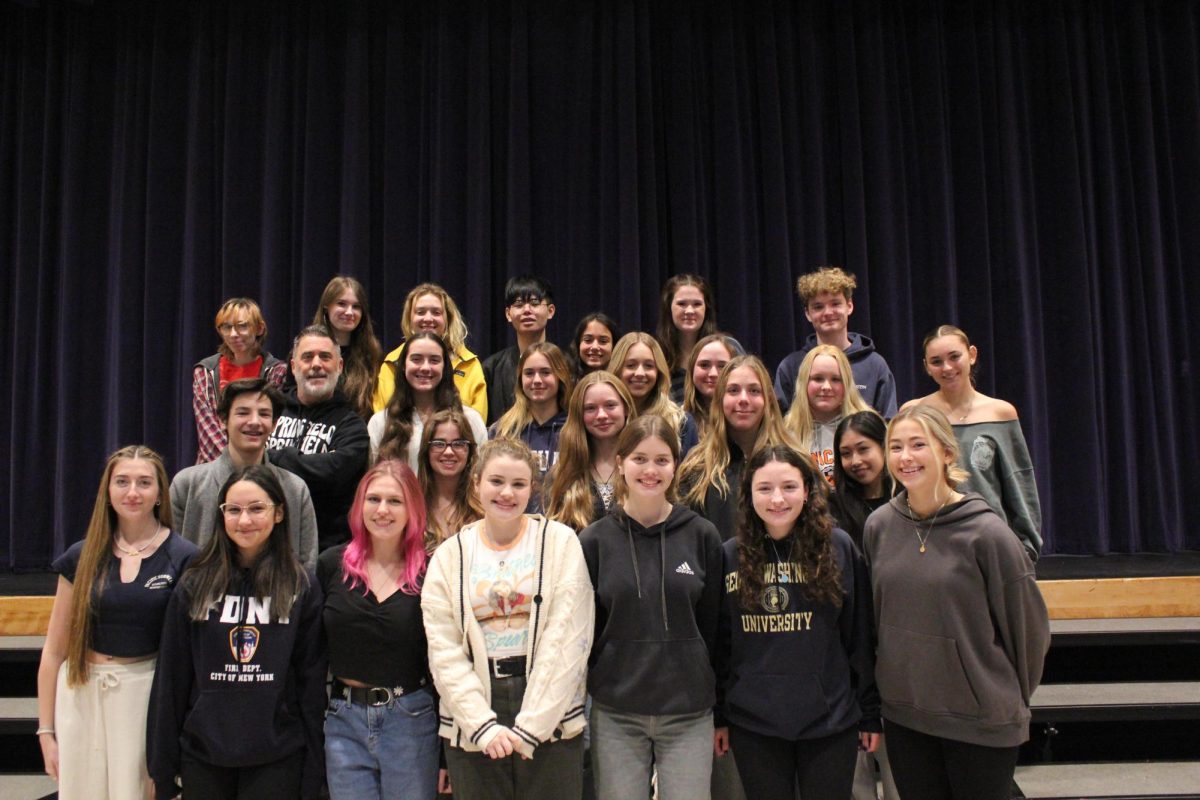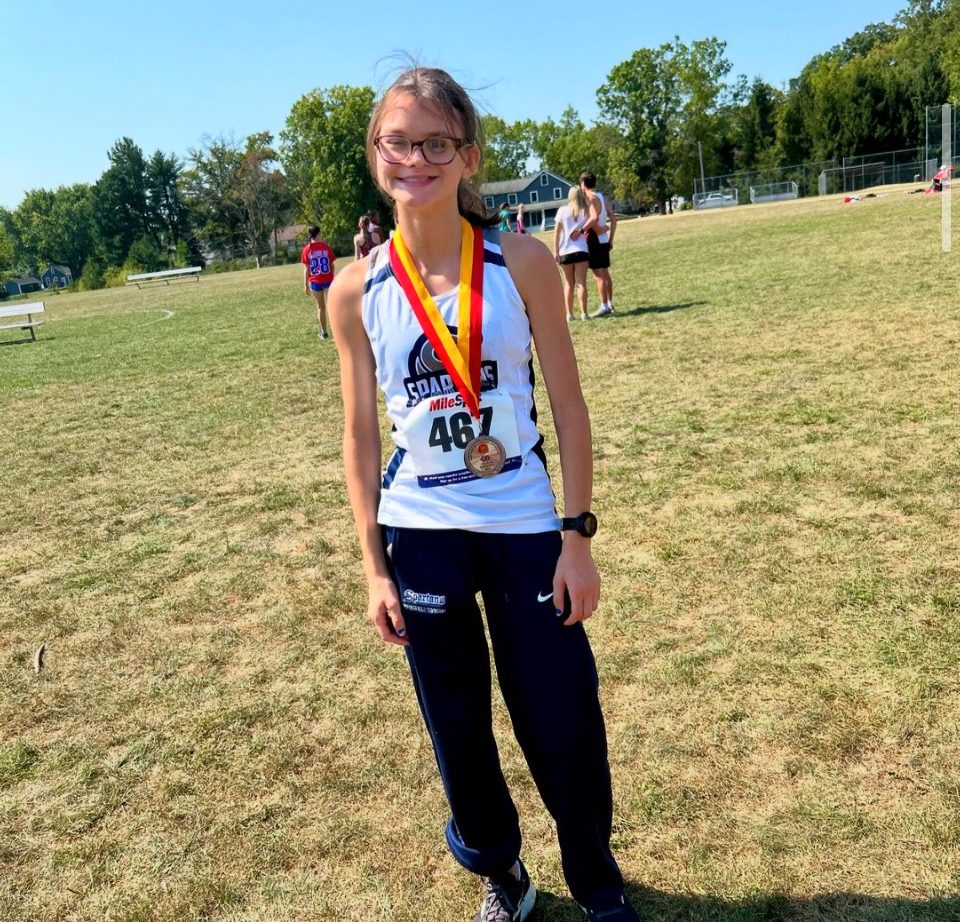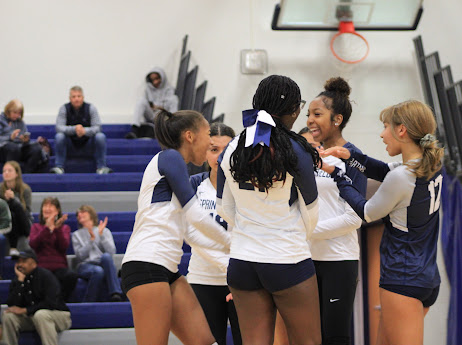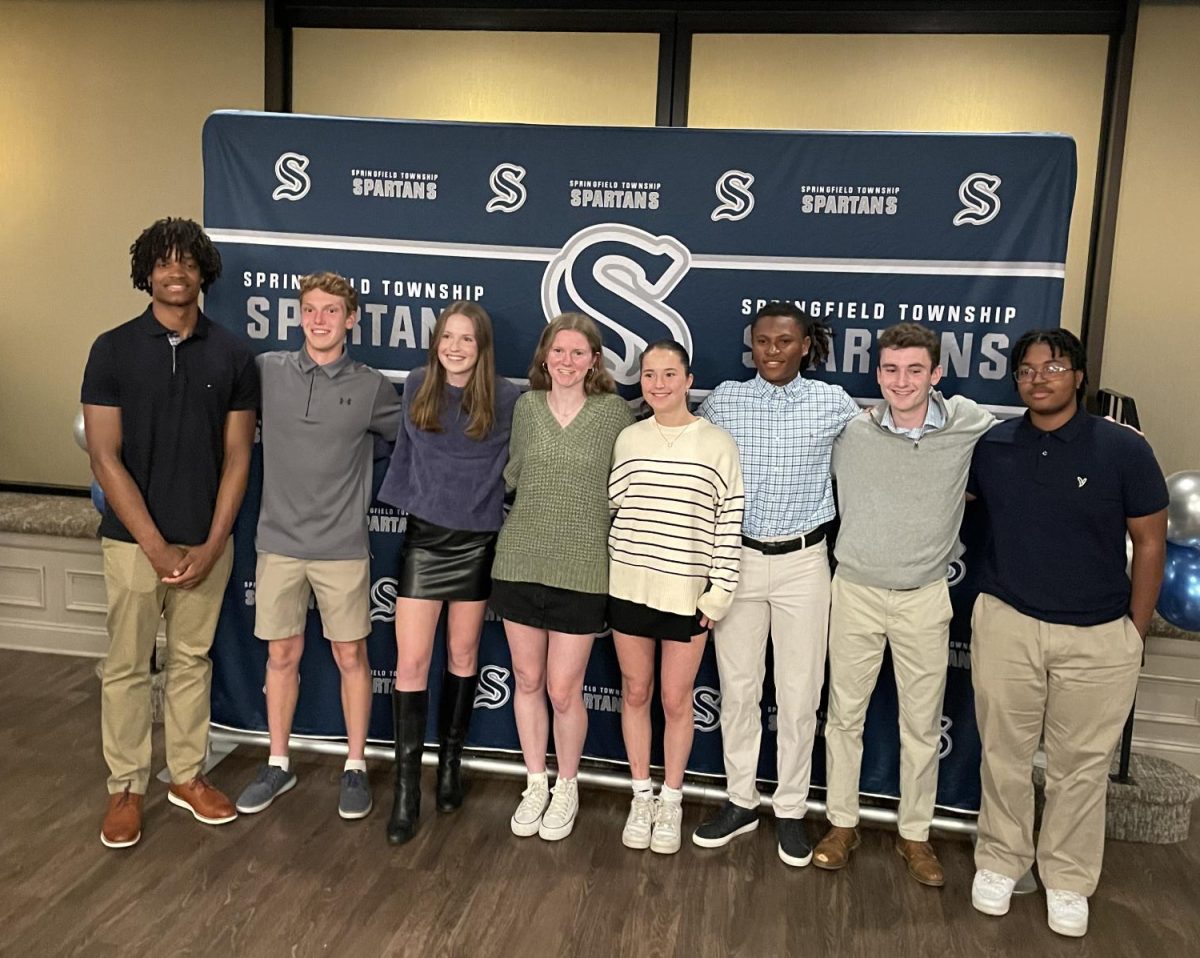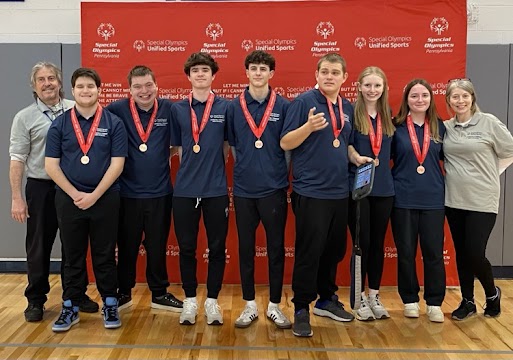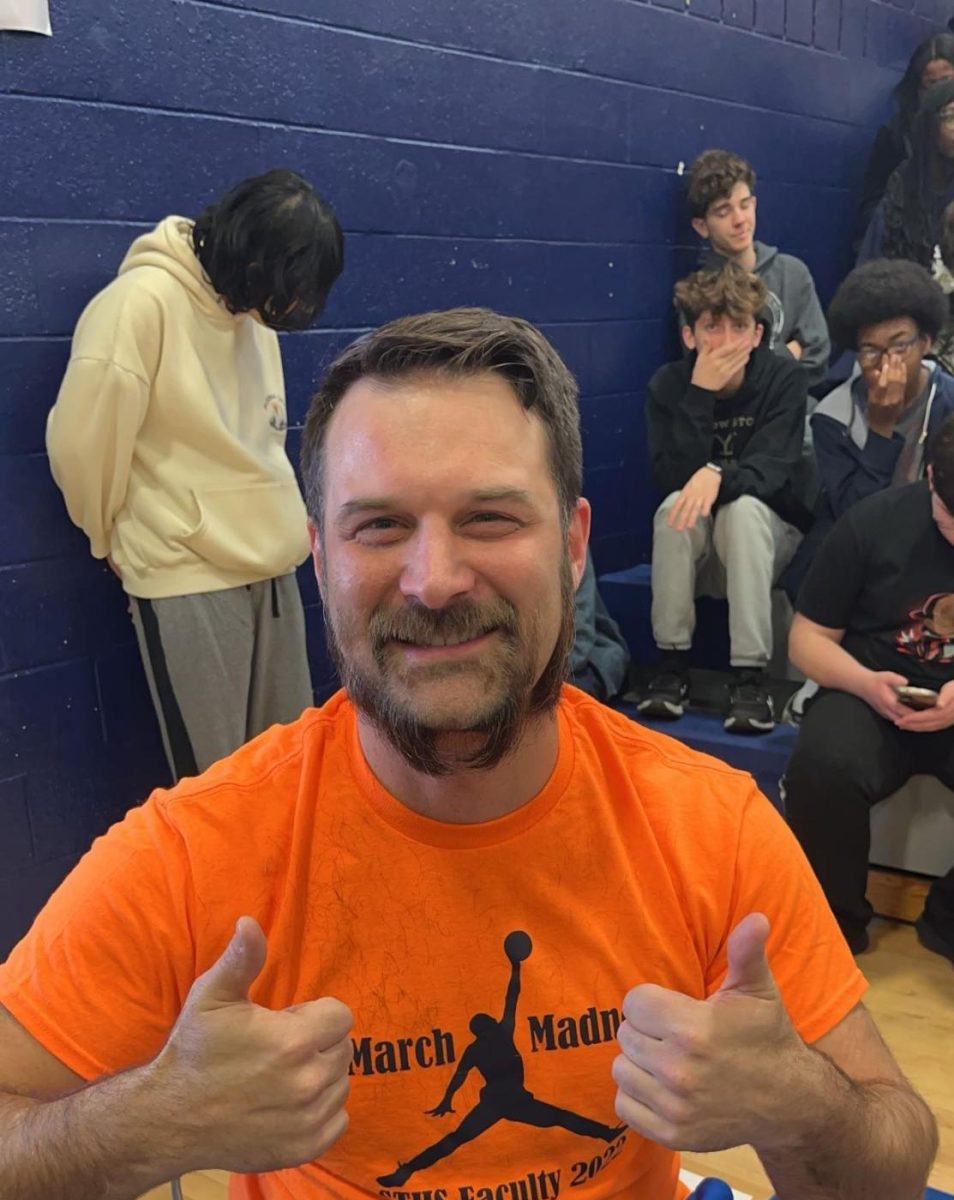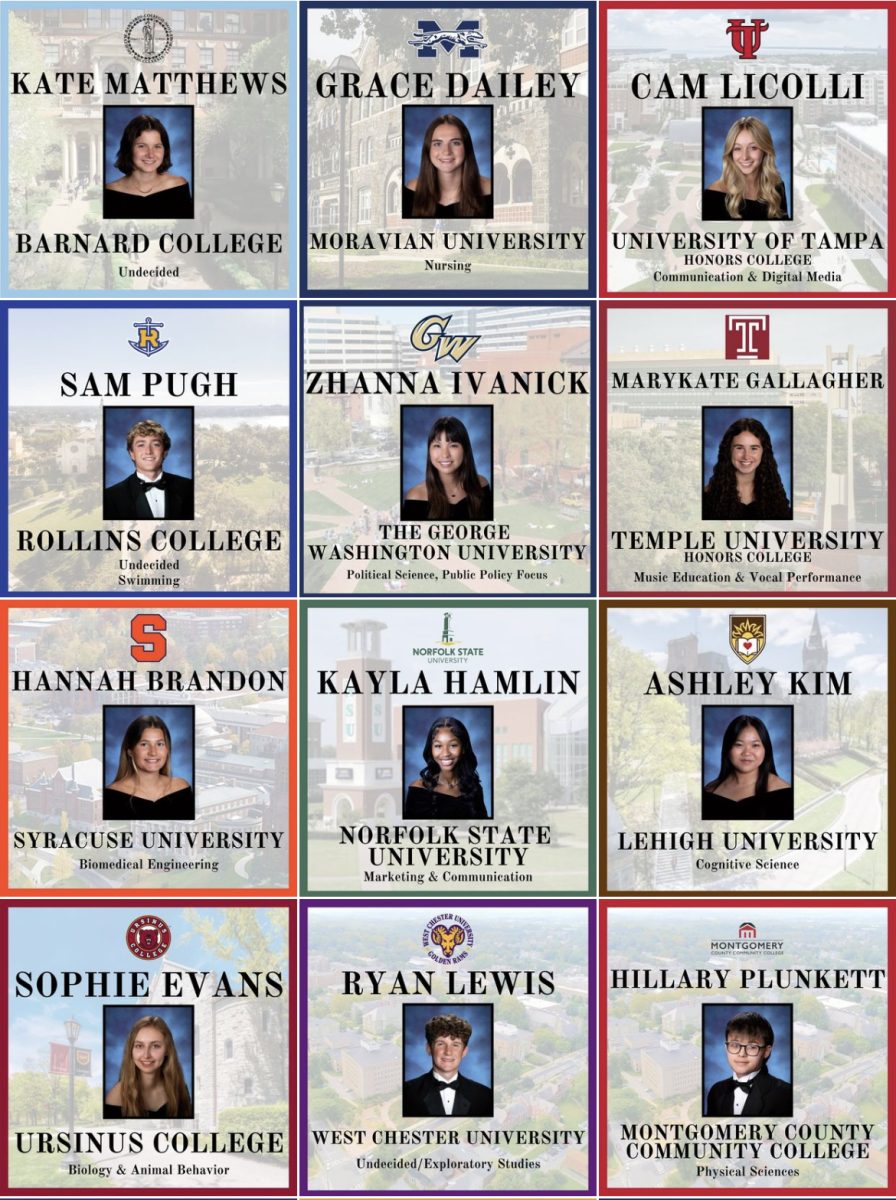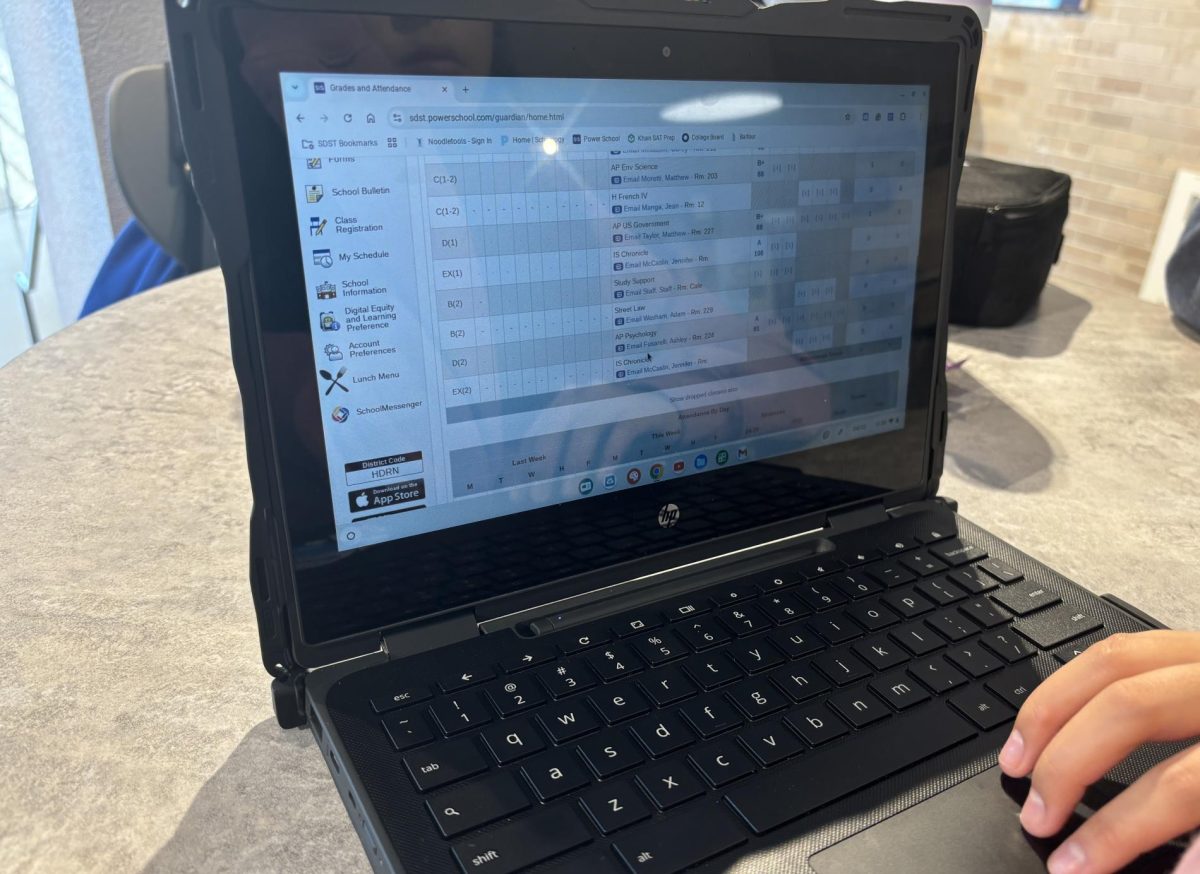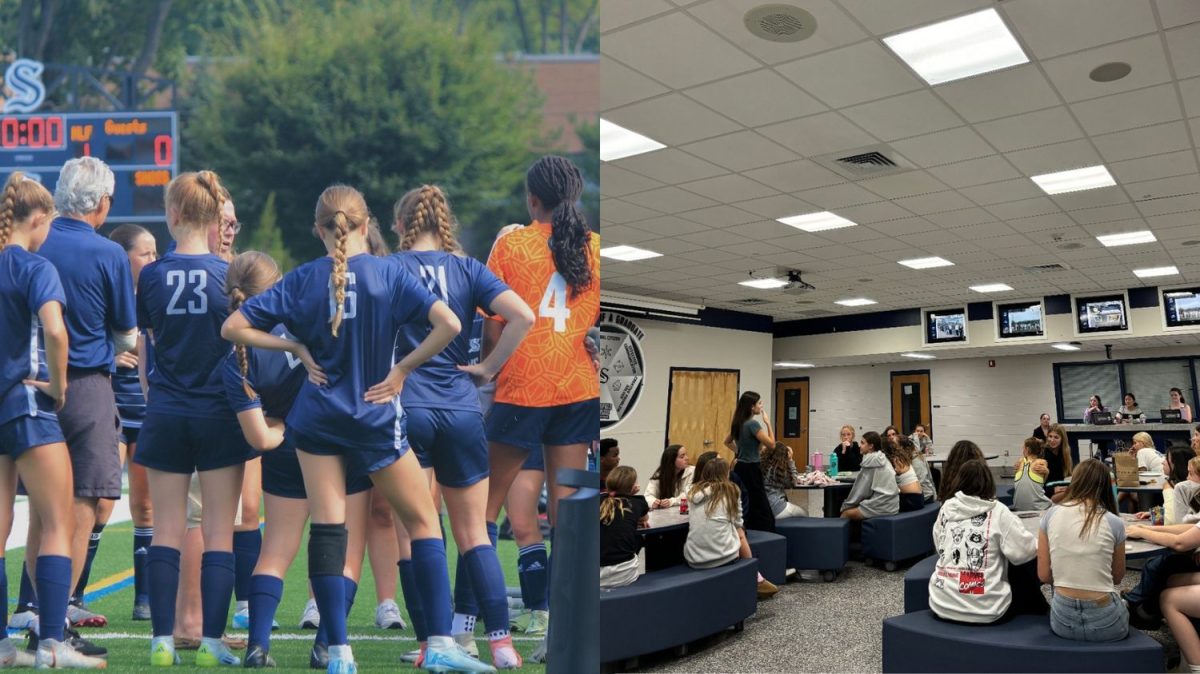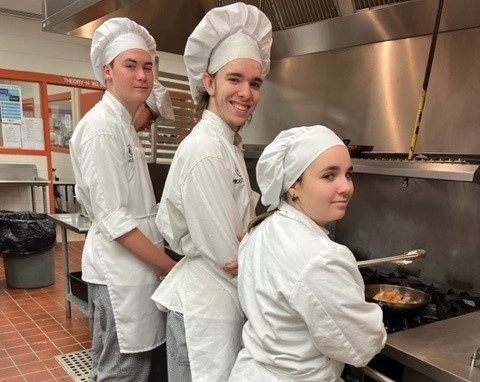Overview
In July 2024, Springfield students and staff embarked on a trip to Costa Rica. This location stood out due to its special blend of beauty, nature, rich learning opportunities, and proximity to the United States. According to Senora Cohen, one of the teachers leading the trip, the distance from the U.S. was a big factor as it was only a “four-hour flight compared to a 10-hour trip to Europe.”
Another crucial detail was the safety in Costa Rica. Cohen relays that Costa Rica “is one of the safest countries and has excellent medical availability, ranked fourth in the world.”
The country’s magnificent beauty was also a major aspect. When identifying the variety of terrain that makes Costa Rica so special, Cohen pointed to the amazing “flora and fauna” within the “cloud forests and urban areas” around the diverse country.
Educational Takeaways
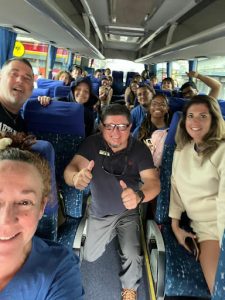
The trip was curated to be much more than a sightseeing tour. Cohen emphasized, “global citizenship and awareness skills as elements to be learned and developed throughout the trip.”
A further one of the main goals was to give students the chance to practice Spanish outside of the classroom,” Cohen noted. For upperclassmen who have been studying Spanish for years, Costa Rica provided a rare opportunity to speak Spanish in everyday interactions.
Many activities were available through volunteer work, where students got the chance to contribute to local projects. “The work at the orphanage and sea planting projects gave students a way to experience Costa Rica beyond what they could learn in a classroom,” Cohen said.
Broadening Perspectives
The trip also helped broaden students’ perspectives about various environmental issues and the functions of different countries, often in unexpected ways. For example, Cohen explained, “You can’t flush toilet paper in Costa Rica. ”
The sight of developing infrastructure made students more conscious of things we often take for granted. Cohen highlighted “drainage, drinking water, and waste management” as issues in Costa Rica that aren’t typically seen in the U.S.
This perspective gave students a deeper understanding of the effect global issues have on daily life in other countries.
Personal Growth and Learning
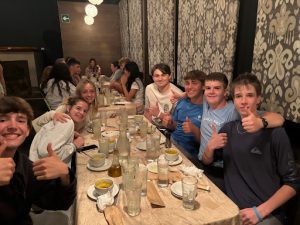
Beyond academics, the trip had a strong impact on students’ personal development.
“Students made global friendships through activities like basketball with local students in San José,” Cohen explains. Additionally, they “used WhatsApp in both Spanish and English to stay in touch with their tour guides and newfound friends through social media.”
The trip also included financial lessons, with students navigating Costa Rica’s currency system and learning the conversions between dollars and colón, Costa Rica’s currency.
Ultimately, the Costa Rica trip expanded students’ understanding of global citizenship and environmental issues while also creating personal growth through various real-world experiences. With new friendships, cultural immersion, and life lessons, students returned to Springfield with a broader worldview and memories to last a lifetime.

